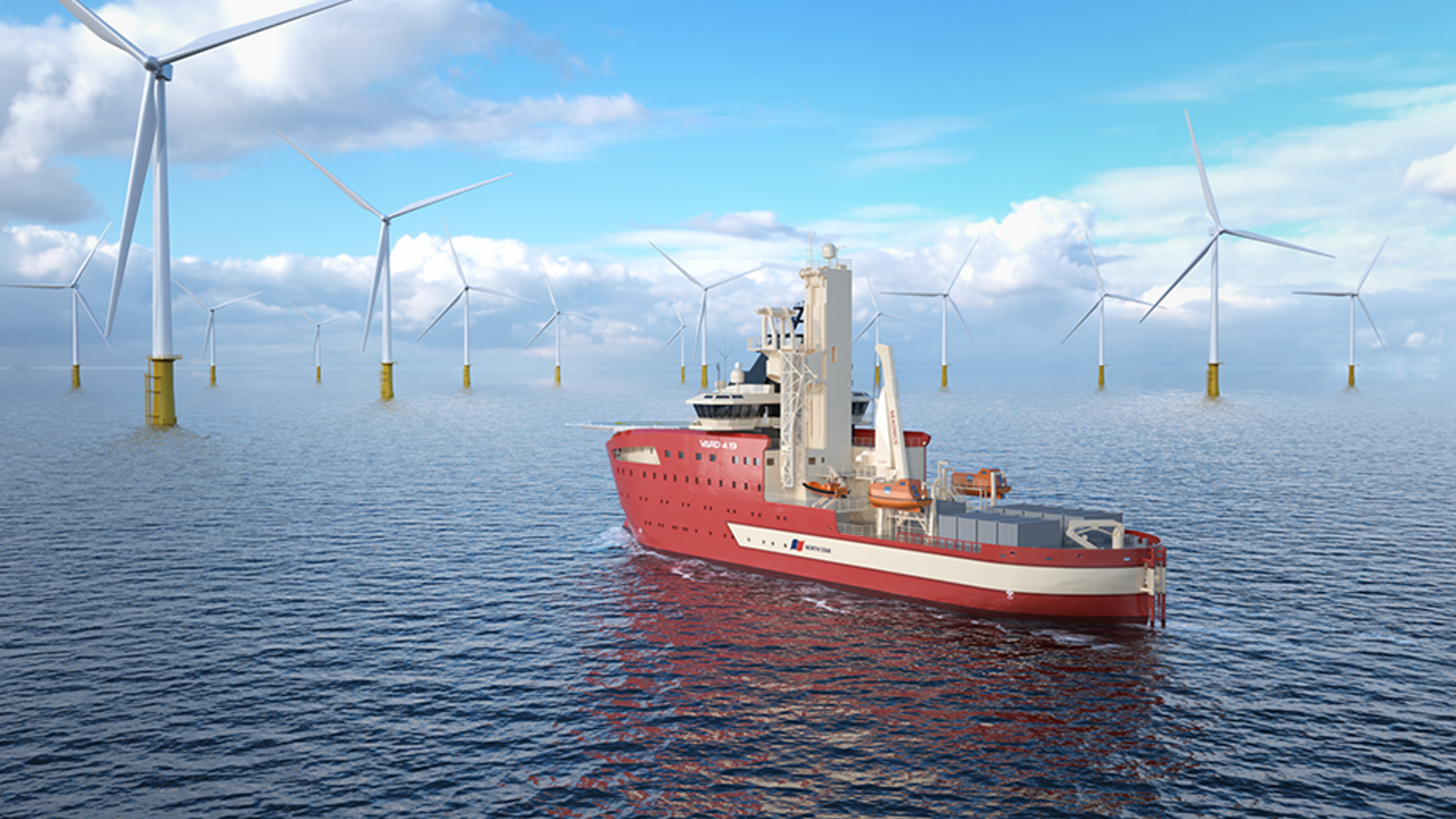
BV signs up for hydrogen research project

As part of the initiative, BV will deliver three AiPs, covering the liquid hydrogen storage system, fuel system, and their integration into an SOV
(Source: Bureau Veritas)
Classification society Bureau Veritas (BV) has joined the NavHyS project, a European initiative aiming to develop liquid hydrogen technology for maritime applications. With funding from the Clean Hydrogen Partnership, NavHyS already has 14 partners from across Europe.
BV has worked closely with ArianeGroup, a joint venture aerospace company owned by Airbus and Safran. Together, they have developed the project proposal and consortium structure as well as safety guidelines, rule development and classification in support of hydrogen-fuelled vessels.
A key focus has been the development of below-deck Type C liquid hydrogen fuel tanks for service operation vessels (SOVs). The outcome is that BV will soon issue three approvals in principle relating to liquid hydrogen storage systems, fuel systems and their integration into a SOV.
The combination of maritime design and cryogenic expertise from the space sector will underpin NavHyS’ ability to develop hydrogen-based fuel systems for SOVs. So far, designs are likely to be based on storage tanks of 200m3 to 300m3 with a capacity of 12 to18 tonnes of liquid hydrogen. The fuel would be loaded at about ten tonnes per hour, providing up to ten days of operation.
BV will also oversee safety research and rule development relating to liquid hydrogen in marine environments. In addition, it will assess shore-based hydrogen supply systems and the lifecycle of hydrogen-fuelled vessels.
The NavHyS project was officially launched in January of this year and will run for three years. It is expected to reach Technology Readiness Level 8-9 by 2030, enabling systems to be deployed between five and ten years later.
President of Bureau Veritas Marine & Offshore, Matthieu de Tugny, commented: “BV is proud to support the NavHyS project and contribute to overcoming the technical and safety challenges linked to liquid hydrogen deployment in shipping. Our involvement in this innovative consortium reflects our commitment to supporting advanced technologies that accelerate maritime decarbonisation, helping to shape a safe, scalable future for hydrogen-powered vessels.”
